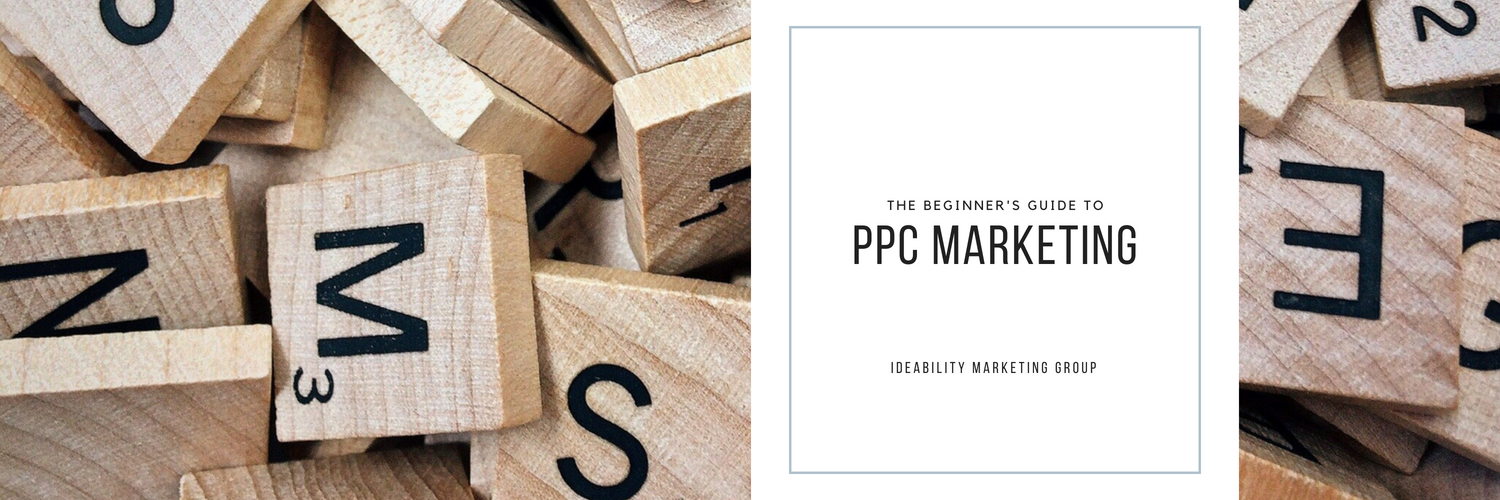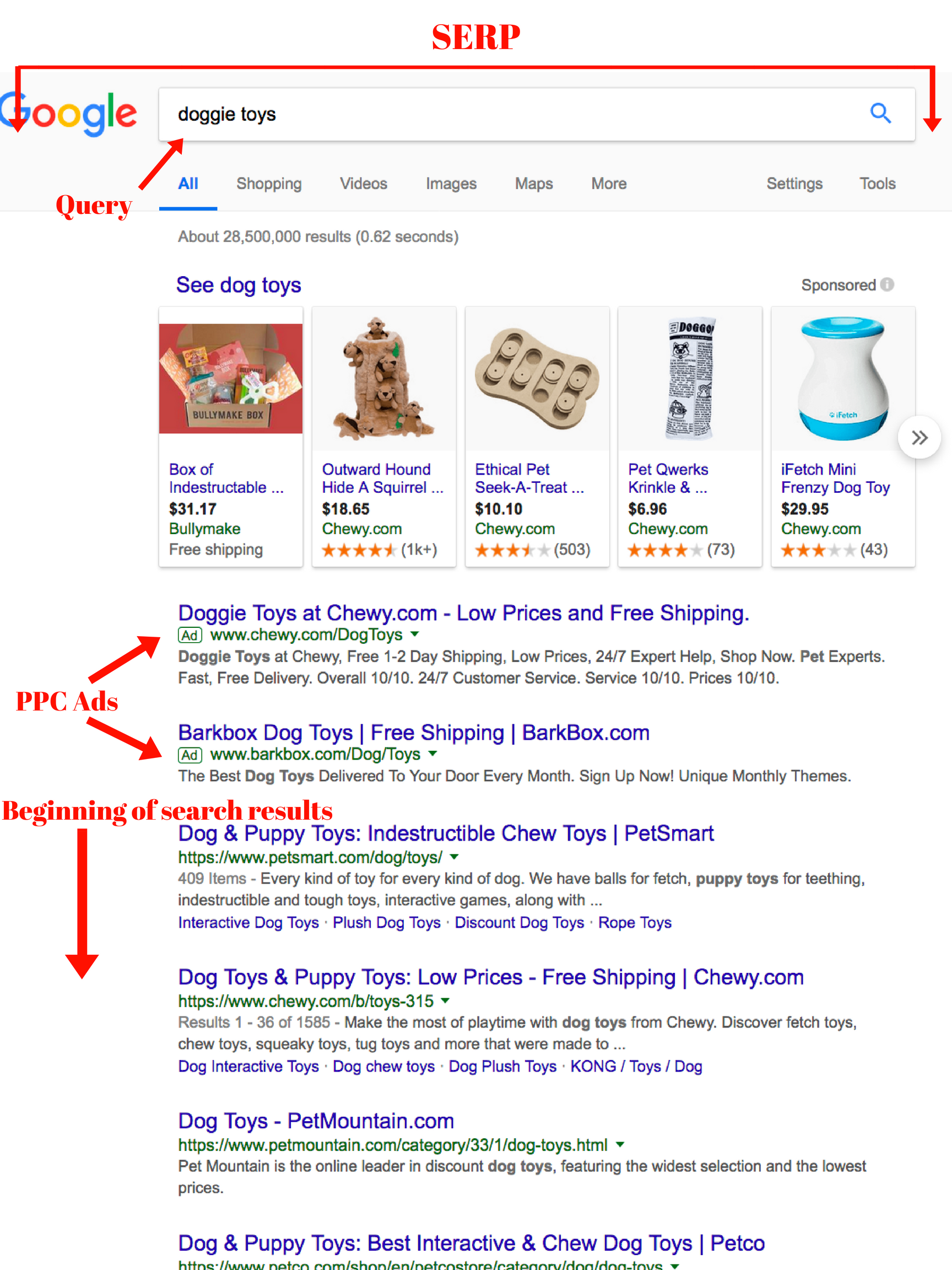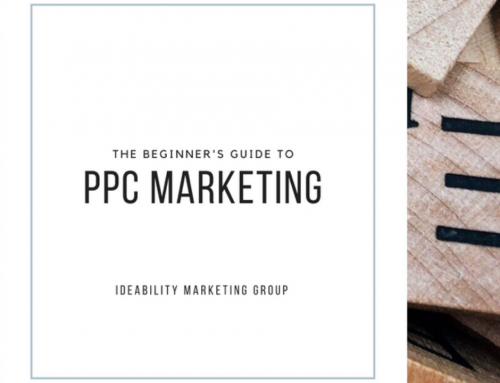
TBH, the use of acronyms online can be NBD for some but can be OMG confusing for other PPL. And when it comes to PPC and SEO, the waters get even muddier. So let’s say TTYL to all the confusion and talk on terms we can all understand. IRL.
It can be confusing for small business owners to delve into the world of Pay-Per-Click advertising with so much information, especially when the use of acronyms seems to be at an all-time high. Stick around a little longer and we’ll demystify some of those acronyms to get you on a path to become a Pay-Per-Click genius.
PPC – Pay-Per-Click. The all-encompassing term for internet advertisements that charge the advertiser (marketer or business owner) based on the number of times the ad is clicked on from a search platform. For instance, if you search “doggie toys” in Google you are going to find the requested results along with ads for pet stores, usually located above the search results, and sometimes on the right-hand side. If you were to click that ad, the pet store would pay Google for your click. Instead of a TV ad where advertisers can guess the audience’s interests based on the demographic who watches that show, PPC ads can specifically target potential customers looking for their exact service.
SERP – Search Engine Results Page. The page that loads after you press enter on a query when using a search engine like Google, Bing, or even Facebook (yes, the Facebook search page can be considered a search engine). Using the same example of “doggie toys” the SERP would be the page that lists the search results, along with the PPC ads.
CTR – Click-Through Rate. The number of people who click on your ad compared to the number of people who viewed your ad (impressions). So if 100 people saw your ad and 1 person clicked into it, then your CTR is 1%. Why would you measure CTR? This tells a marketer how relevant an ad is to their audience and if the ad is actually driving action.
CPC – Cost Per Click. The actual cost for each individual click into your ad. This price varies for everyone and is determined by the search engine, using a few key factors that we won’t delve into right now. While advertisers can set a budget for how much they’d like to spend on each campaign, the CPC determines how quickly the budget will be expended. Let’s say two pet stores both set a $100 PPC budget but Pet Store A’s ad has a $2 CPC and Pet Store B’s ad has a $4 CPC. Pet Store A is getting twice the CTR with their budget as Pet Store B because their CPC is half as much, meaning they are getting more ad clicks for their money.
If this whole article felt like one big serving of alphabet soup, then alas, our mission has failed. But don’t get discouraged! There are many free amazing resources available if you Google PPC and see what the SERP loads for you 😉 Don’t forget to check back to the Ideability Blog often for more resources and guides for small business’ marketing.





